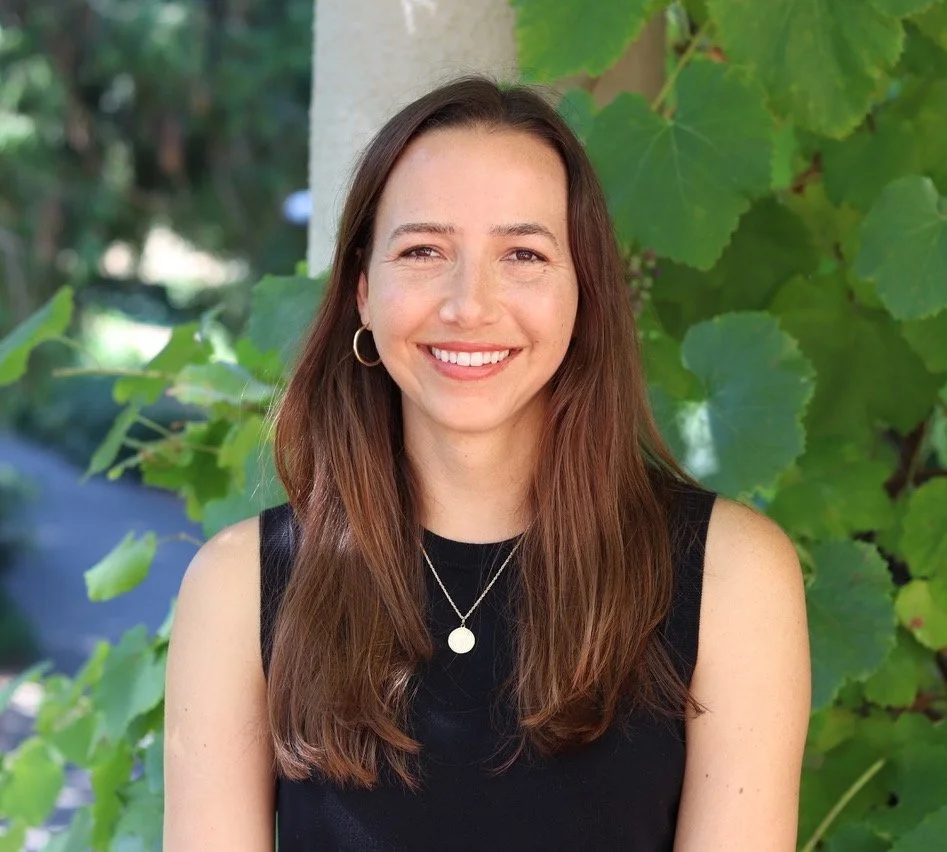A Good Breakfast at the World Congress: Sparking Connections Across MAPP Alumni
/
Photo courtesy of the author.
In the fall 2019 issue of our Magazine, we heard from Andrew Soren, C’13 and Jennifer Cory, C’15 about the International Positive Psychology Association (IPPA) 6th World Congress that took place in Melbourne over four days in July 2019. Andrew and Jennifer gave us a rich account of the impressive agenda and robust happenings at this gathering of 1700 participants in the field of positive psychology from the world over. Fifty of those in attendance were our own Penn MAPPsters, and 37 of them were presenters!
One of the standout events Andrew and Jennifer highlighted was the Good Breakfast, a gathering where Penn MAPPsters joined alumni from our “cousin” MAPP programs at University of Melbourne, Bucks New University, Claremont University, North-West University (South Africa), University of East London, Universidad Iberoamericana (Mexico) and University of Lisbon. During the morning, the 150 attendees had the opportunity to get to know one another and to begin to envision the collective impact we could have by joining forces.
I followed up with one of the lead organizers of the Good Breakfast, Therese Sheedy, who is also the recently appointed President of University of Melbourne’s MAPP alumni group. When I asked Therese about the origin of the idea for the Good Breakfast, she cited a desire for connectivity and collaboration with the greater MAPP community on the part of Melbourne MAPP alums. “There’s really a thirst for connecting across the world to learn about what other MAPPsters are doing, not just during the programs, but in their application post-MAPP,” Therese explained.
As this was the first IPPA World Congress held in the southern hemisphere, and “Down Under,” in particular, the UniMelb alums were eager to create a warm welcome. Fellow alum Lela McGregor came up with the idea of the Good Breakfast to facilitate connection among MAPP graduates worldwide and worked with IPPA to send an invitation to all MAPPsters attending the Congress. The response was overwhelming. Originally capped at 50 participants, the Breakfast grew to 100 and finally reached capacity at 150 participants.
The morning featured a “Sparks of Connection” activity, exploring the diverse range of expertise gathered in the room. In speed-dating style, participants greeted one another and came up with four words to describe their own MAPP experience, rotating after four minutes of conversation. Subsequent sharing included how they were applying positive psychology in their lives now and their hopes for the future, either individually or collectively, as positive psychology matures as a field. “It went so well,” said Therese. “It was really about sparking further conversation and interest in one another, and people were buzzing about it for the following two days.” One of the most exciting aspects was simply seeing how many people were in the room and how many countries were represented.
Of the many sparks that were ignited among participants, positive organizational culture, leadership and coaching practices held great interest, as did wellbeing in children and adolescents, parents and teachers, and more generally positive education. In addition, wellbeing across the lifespan and cultivating meaning and purpose garnered enthusiasm. Participants also highlighted dozens of ways that they are applying positive psychology with diverse populations and in diverse settings, from wellbeing in policy issues such as gender equality and climate change, to wellbeing in the practice of law and for indigenous cultures. The morning reinforced the notion that application of positive psychology knows few boundaries.
Building upon a similar event for MAPP alums organized at an earlier IPPA, the Good Breakfast solidified a tradition, and to Therese, created a movement. “At the next IPPA, we need to do this again. It’s about knowing how positive psychology is being applied, not only the successes, but also the bumps and lumps.”
As Therese and I chatted about our respective MAPP experiences, we noted that a common question that arises among new MAPP grads is “what do I call myself?” Therese had just that morning posted on the UniMelb MAPP alum Facebook page in response to this question. “It’s a degree, not a credential. Whatever field you came into the program with, that is still your background after graduating. How are you now going to apply what you’ve learned? Try not to get hung up on what you are going to call yourself. It’s a fabulous degree that opens up so many paths.”
With only six years of graduating classes, the Melbourne MAPPsters are still in the development phase of their alumni program (Therese was a member of the first graduating class in 2014). Nonetheless, while the program is fairly young, it has already graduated roughly 350 alums, in part due to the fact that UniMelb has both part-time and full-time MAPP programs. “I was in the first graduating class, but there was a part-time class that started before us, and finished after us,” said Therese. That complexity can add a challenge to supporting and bringing together alumni, but they are gaining some traction. Recently, Therese said that 16 UniMelb MAPP alums came together for an appreciative inquiry-inspired session to start to focus their goals for the coming years. They are also revamping their website and establishing a LinkedIn account, in addition to their Facebook presence.
As we reflected on how our alumni groups can continue to come together, Therese said “it’s a multi-prong approach, isn’t it? We can connect in multiple ways without the responsibility falling to one person or group. That’s how the Good Breakfast came about.” And we just need to keep up with these kinds of efforts. “Our field is one that yearns for connectivity. Underneath it all, we are all human beings. All of our learning and practice is transferrable across geographic boundaries. We can use every bit of knowledge from all different voices.”






